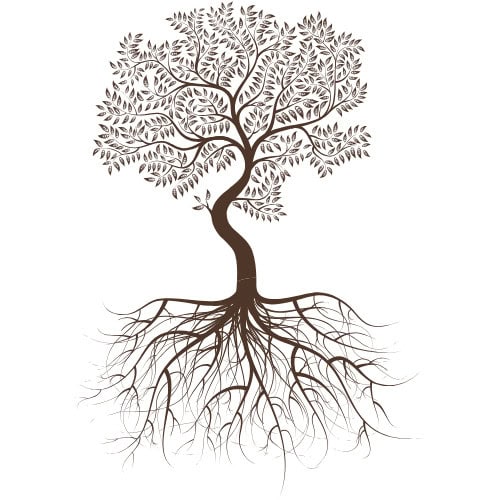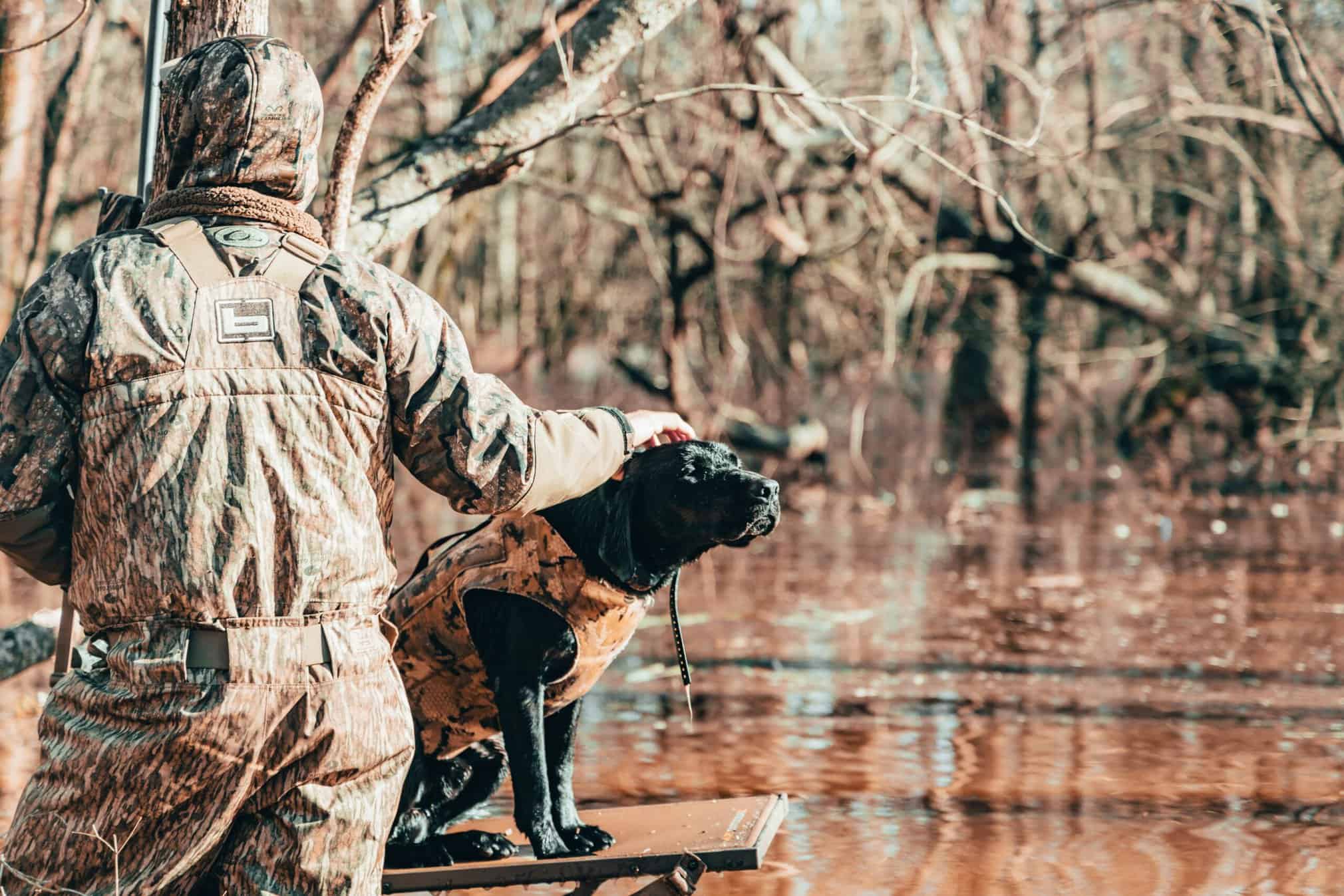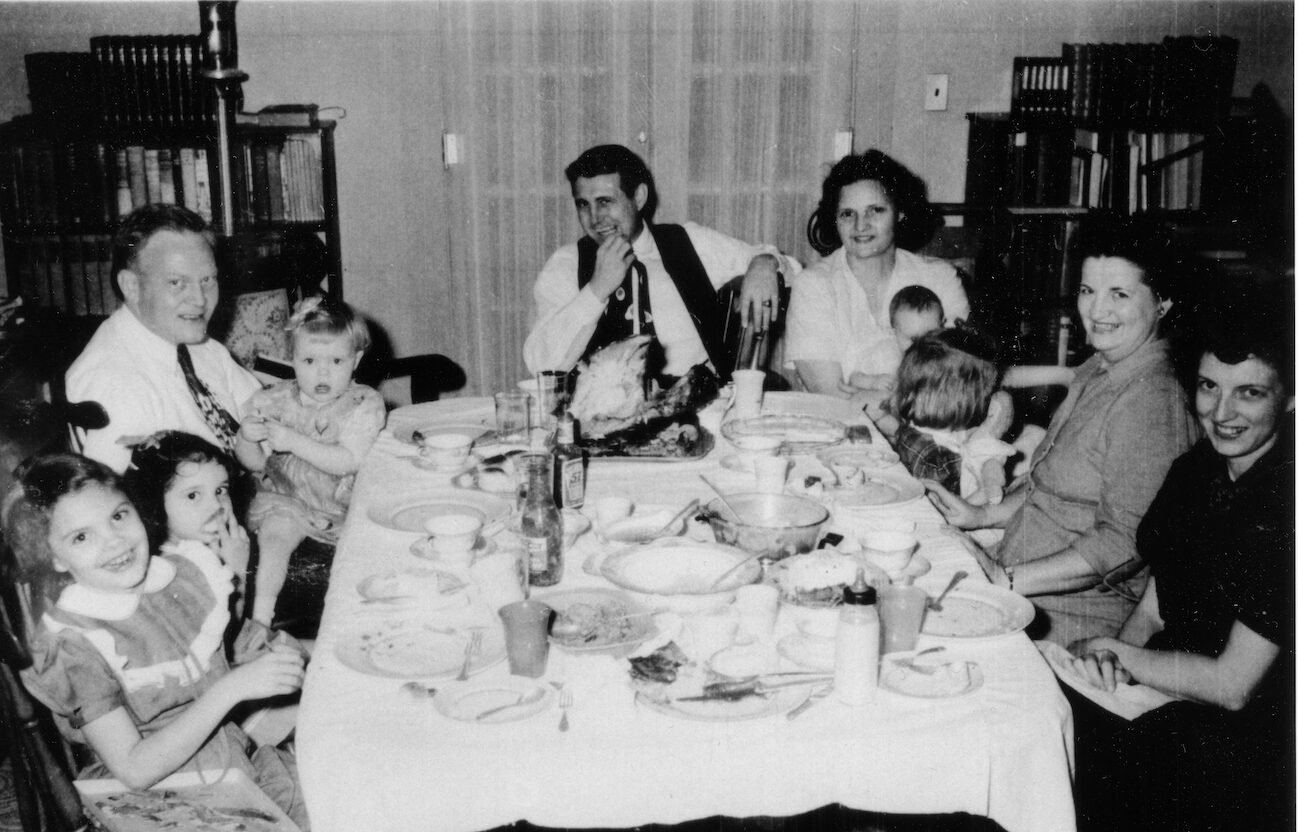As Summer gives way to Autumn, you can feel change in the air: the start of a new school year, a brand-new football season where anything is possible, the excitement of a county fair. Then you hear it: the distinctive sound of gunshots.
Editor’s Note: This three-part series explores the role of hunting in Arkansas. For a complete list of Arkansas Hunting Seasons and Hunting Guide, visit the Arkansas Game & Fish Commission website.
Read PART ONE | Hunting in Arkansas: Passing the Tradition Along
Read PART THREE | Hunting in Arkansas: Economy, Commerce and Culture
Written by Dr. Jack Boles
If you live in rural Arkansas, you know the sound of gunshots means the fall dove season has arrived, with the squirrel, turkey, deer, and duck seasons following close behind. As a boy, any type of hunting that involved dogs drew me in.
Watching a well-trained dog was thrilling, whether it be a bird dog pointing quail, a Labrador Retriever working ducks, or a beagle on the trail of a rabbit. I spent many nights raccoon hunting with blueticks and hound dogs. Rushing home after school to complete my homework and chores, I spent late nights in the woods listening for the animals.
I can still remember the moon and stars in the dark sky, the smell of the woods, and the excitement of hearing the dogs finding a hot trail.

By the time I was in high school, my friends and I fought to maintain our tough guy exteriors when we read “Where the Red Fern Grows.” Being a hunter in those high school days was more than treeing a raccoon; it was about learning how to deal with life on our own as young adults, how to navigate our world, and how to take our place in the culture and tradition of Arkansas.
The best part of hunting is not just being in the woods but sharing time and making sacred memories with friends and family.
Building the seasonal hunting camp, whether deer or duck or both, is a major event that brings all ages together. Young people listen to stories shared by elders — hunters passing down customs, tall tales of the big one that got away, and memories of personalities come and gone.
I discussed with Jim Patterson, an experienced hunter from Lonoke County, his thoughts on hunting and he shared how he evolved from hunter to outdoorsman. It started with a B.B. gun. He learned about gun safety and management while working on aiming and accuracy skills. He also learned about the natural world.
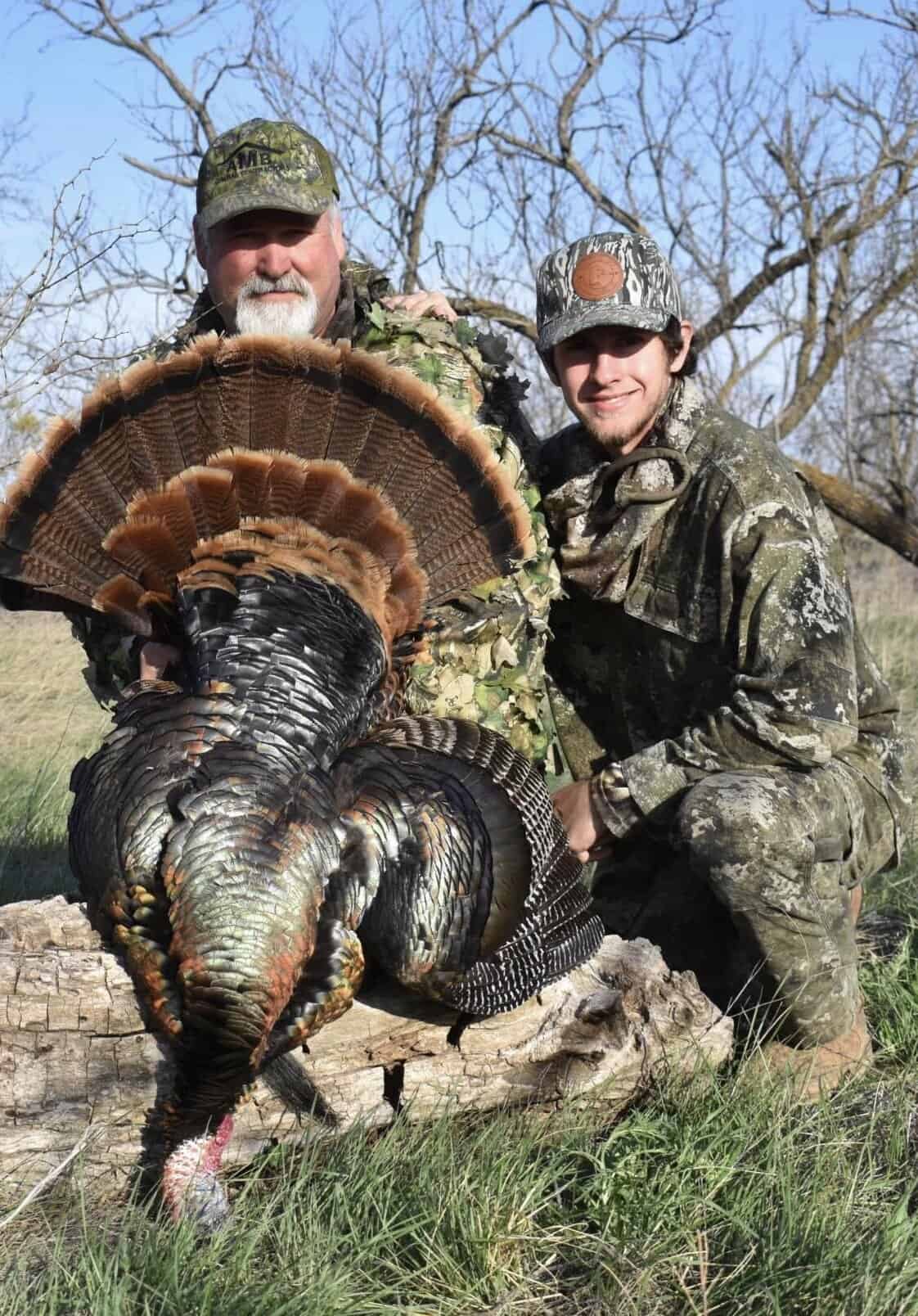
Jim Patterson and son Landon pose after a productive hunt.
“When you start hunting rabbits and squirrels,” Jim told me, “you start learning how to observe your surroundings, how to watch the trees, how to smell the air. The real education is learning the outdoor environment, of which hunting is just part.”
When he began hunting deer and turkey, Jim used the lessons he learned hunting small game. “First, you just want to see a deer. Then, once you become a competent hunter, then you start trophy hunting, trying to bag the big one,” he said.
The final stage of his evolution as a hunter was just the pleasure of being in the woods and watching others enjoy the hunt. “As I mentor young people, plinking cans with their B.B. guns and just starting to hunt small game, I love to watch them develop as hunters and outdoorsmen.”
It is like it comes full circle.


Economy, Conservation, and Culture
Hunting is an integral part of Arkansas’s identity. It’s part of our economy, our culture, our natural heritage. The state’s diverse geography provides habitat for an array of wildlife. From deer hunting in the southwest pine woods, turkey hunting in the Ozarks, to duck hunting in the Delta, Arkansas’s game populations represent a true success story.
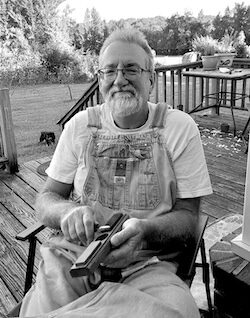
Dr. Jack Boles began his career with the UA Cooperative Extension Service in 1987 where he served in a variety of positions, from County Extension Agent in Independence, Arkansas and Newton counties to serving as the Environmental Management Specialist for agricultural issues. He retired with Emeritus status from Extension in 2013 and served as Executive Director for the State 4-H Foundation. After retirement, Jack went back to school and received his doctorate in Interdisciplinary Leadership from the University of Central Arkansas. His research interest in leadership and food security is based on his experiences as a county agent in Arkansas and as a volunteer livestock specialist in Bangladesh, Cambodia and Indonesia. Jack is an advocate for food security, small farms and local farmers; and along with his wife Lisa, works to promote peaceful communities through their organization The Dove’s Nest Project.
